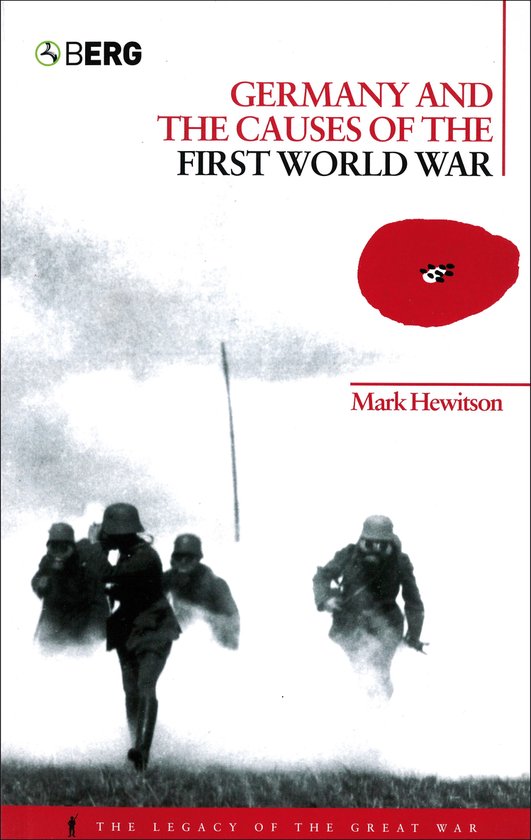
Germany And The Causes Of The First World War
-
AuteurM. Hewitson
- Uitgeverij-
- Jaar-
In 'Germany And The Causes Of The First World War', M. Hewitson delves into the complex web of factors that led to the outbreak of the First World War, with a particular focus on Germany's role. This meticulously researched book challenges traditional narratives and offers a nuanced understanding of the geopolitical tensions, alliances, and nationalistic fervor that characterized the early 20th century. Hewitson's analysis is grounded in a wealth of primary sources, providing readers with a comprehensive overview of the diplomatic and military strategies that precipitated one of history's most devastating conflicts. The book is an essential read for historians, students, and anyone interested in the intricate dynamics of war and peace.
Beschikbare exemplaren
€22.95
ALS NIEUW
€13.95
ALS NIEUW